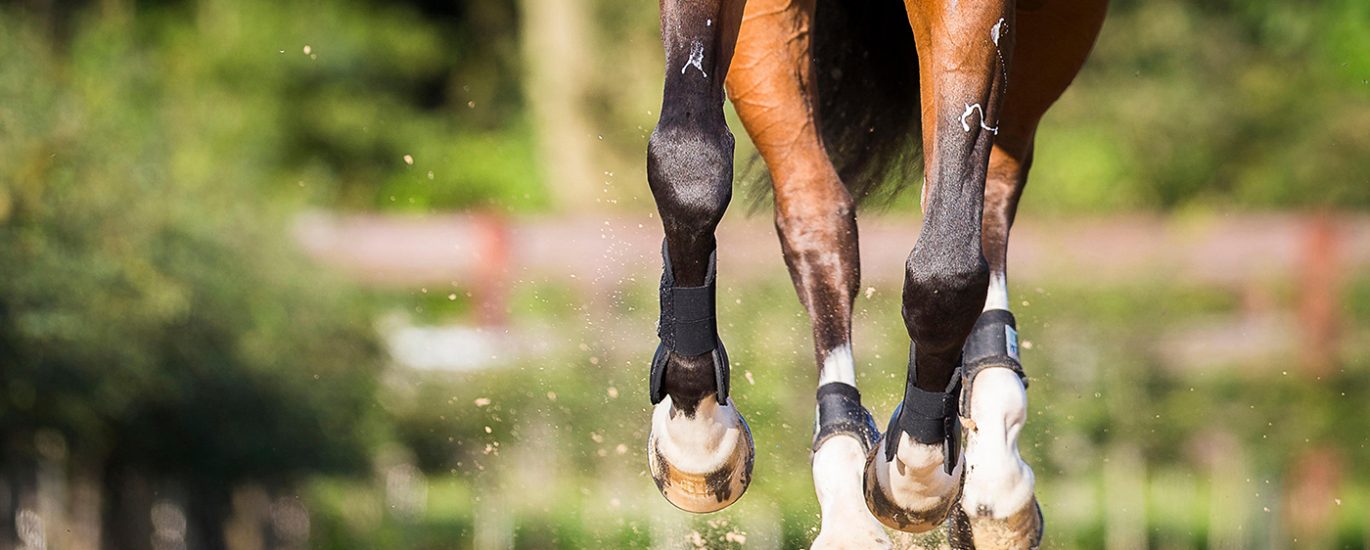Equine insurance requires knowledge of horses and the UK horse insurance industry. With so many sources and possibilities, no choice may seem right. This guide about horse insurance should help.
Before purchasing our horse insurance, examine which covers are most important. Death, theft, and straying are the minimum covers.
Horse insurance
Horse insurance isn’t required by law, yet having a horse is expensive. It’s significant to ensure your horses before it contracts an expensive illness or injury that will be barred from future policies.
Coverage for horses
Choose the correct horse insurance for your needs. Features include:
- Insurance for your horse’s death protects you from the costs involved of an accident, illness, or disease. Carcass removal and disposal may be included.
- If your horse is robbed or strays, theft or straying insurance will cover the expense of advertising it as lost, up to a specific amount. If your horse is stolen or lost for 28 days, you may be insured for the market price or sum insured.
- Public liability coverage – This element of your animal insurance coverage protects you from expenses involved by members of the general public who are injured or harmed by your horse. Most insurers give a £1 million limit if you’re sued because of your horse. Learn more from your insurer.
- Personal accident cover adds £15–£30 to your annual cost and insures you and anybody riding your horses with your consent for death and unintentional injury. Many insurers give £10,000-£20,000 for death or total disability coverage. Personal Accidents under a Horse insurance provides a limited catastrophic cover. Many of us desire a weekly compensation, which these policies don’t offer.
- If this isn’t enough, consider an Accident Insurance policy that includes TTD. This can pay the policyholders a weekly reward if you will be unable to continue out your regular occupation. The Horse policy only covers riding or dealing the covered horse, but a secondary policy can cover riding another horse and other activities.
- Permanently loss of use protection – This optional add-on reimburses you if your horses could no longer be utilised for the activity you insured it for (s). If your horse can still breed, the insurer will only pay a portion.
- Covers vet expenditures (with a cap) and requires an excess. Vet expenditures could cover alternative therapies – if indicated by a vet – as well as livery and transport costs to or from a surgery, college, or hospital.
Horse insurance considerations
- Long-term health is important. Younger, healthier horses are less likely to even have pre-existing diseases and are better protected.
- Daily horse care – This is important for both caring for your horse and meeting policy requirements. Vaccinate your horse and take all reasonable efforts to protect its health and avoid damage, illness, loss, or theft.
- Veterinary bills aren’t covered by a regular horse insurance plan, but they can be bought as an additional.
- As with any insurances, horse insurance has exclusions, limits, and excesses. When you compare cheap Quoteradar horse insurance, examine all these considerations and the pricing.
- Ask – You must make sure you’ve got policy for both you and your horse. If you need help, one of our horse-loving consultants can help.
Horse insurance price?
Your horse insurance premium and excess are separate costs. Your insurance premium is the whole cost. The excess is only paid when you submit a claim.
The cost of horse insurance depends on factors such as:
- Age – As your horse ages, its illness risk rises. Foals are more prone to walking problems.
- Your horse’s activities Risks vary by activity. Hacking, schooling, and equestrian clubs are low-risk activities. Hunting is risky.
- Basic horse insurance covers death, theft, and wandering, but you may want to add veterinarian bills and public liability. Such extras can increase your premiums, but vet charge cover is popular because it can save you a lot of money if your horse needs medical care.
Uninsured horses
Common policy exclusions include:
- Pre-existing diseases – Your horse’s pre-policy sickness or injuries aren’t covered. If the same situation arises, your horse won’t be protected.
- We can cover horses up to 19 years old, but veteran coverage starts at 16 years old.
- Coverage may be denied if your horse isn’t vaccinated or wormed.
- Some policies don’t cover horse hospitalisation.
- Most insurance exclude illness or death of the horse within the first fourteen days of coverage.
We cover horses.
QuoteRadar offers customised horse insurance. Read regarding our horse insurance coverage.



